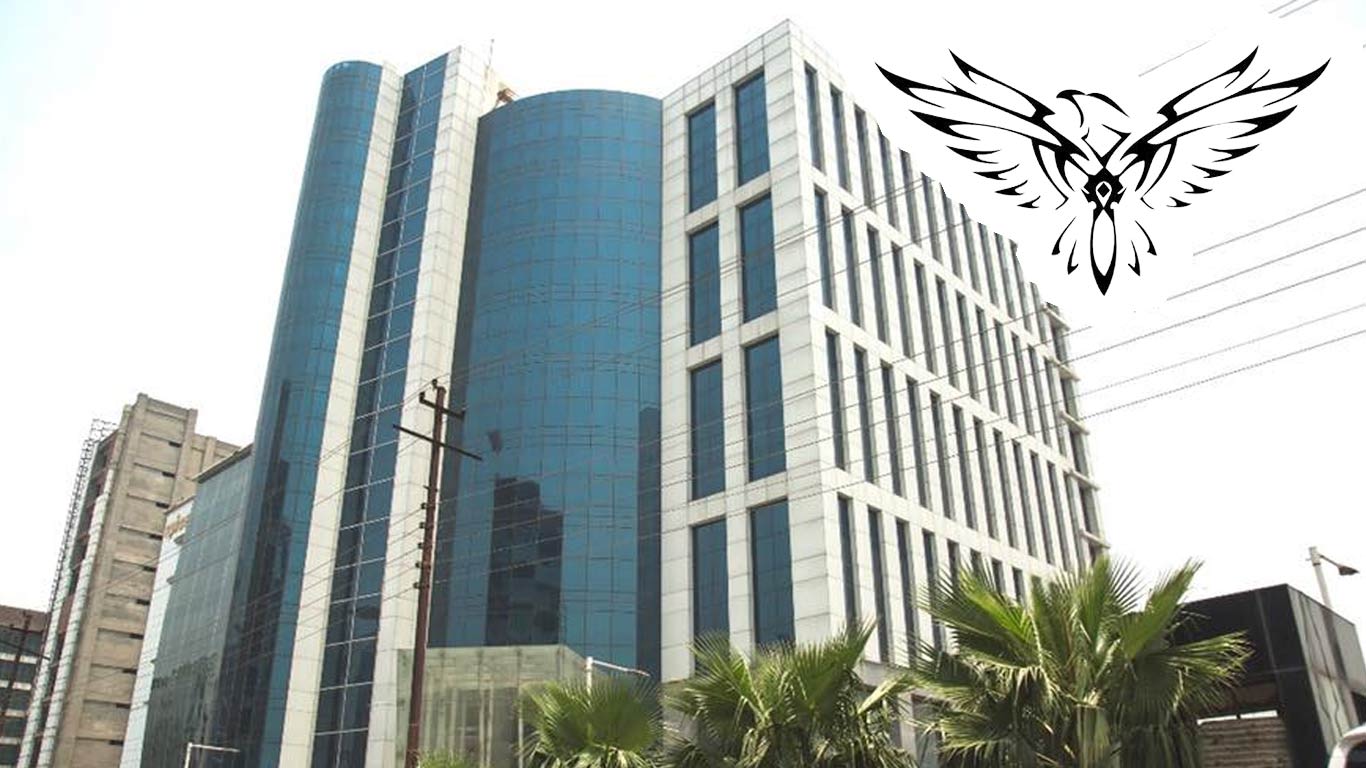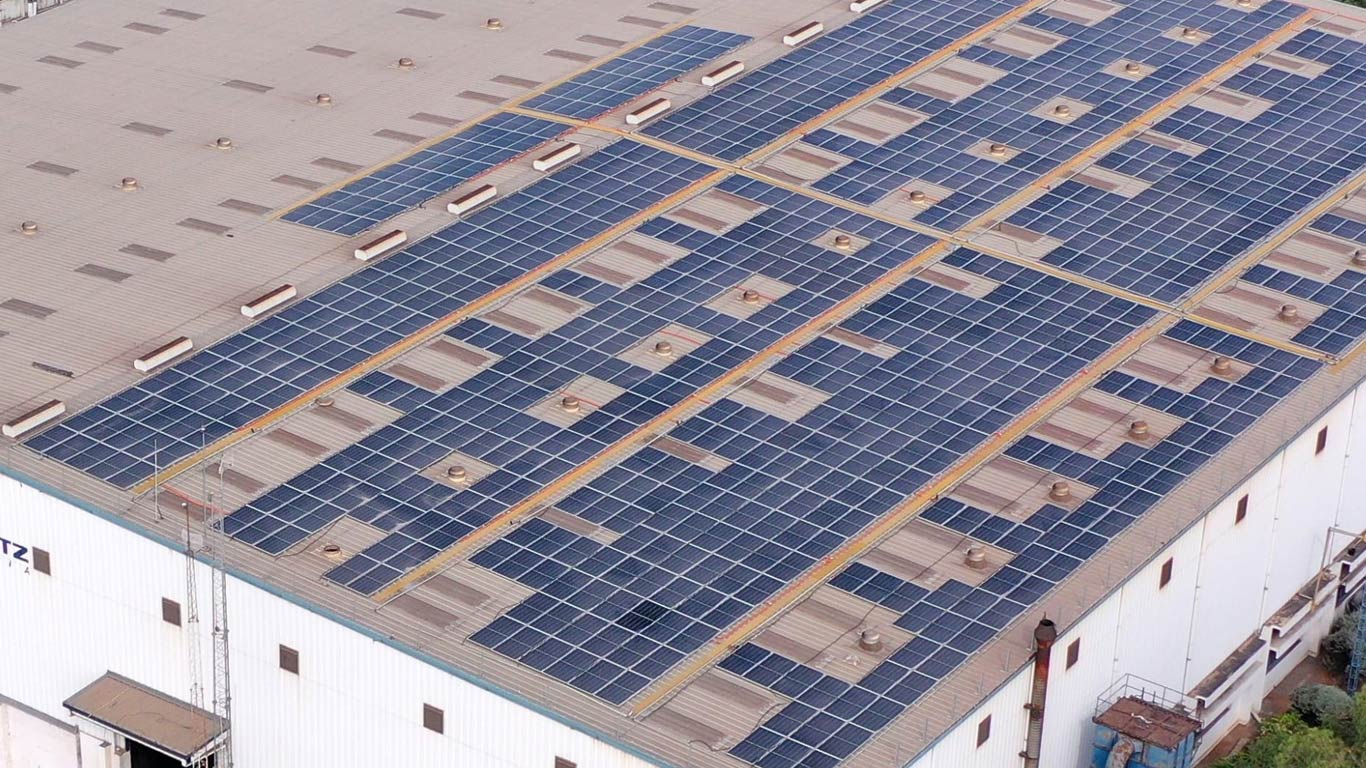MSME Ministry for easing labour law; will Govt bite the bullet?
Updated: May 18, 2013 02:10:49pm

Also, the Ministry of Micro, Small and Medium Enterprises (MSME) is pitching for keeping the unorganised sector outside the purview of the labour laws.
“The enterprises under unorganised sector and MSEs having 20 and 50 employees with power and without power respectively, should be kept outside the preview of labour laws,” the Ministry of MSME said.
The Ministry of Labour and Employment has argued that that there is no need for separate labour laws for the MSME sector at this stage and that their requirements can be adequately addressed by the existing laws and procedures with suitable modifications wherever required for facilitating better implementation.
These issues were on the agenda of the Indian labour Conference which was addressed by Prime Minister Manmohan Singh yesterday.
However, analysts wonder whether the government will ease labour laws in an election year.
The Ministry of MSME said, only four laws should be applicable on such firms, that is minimum wage law, payment of wages act, employees’ state insurance law and employees provident and miscellaneous provisions act.
The Ministry holds the view that labour laws should align with the needs of the economy, the vision of skill development outlined by the government and should encourage a progressive employment generation policy.
Further, it feels that the enforcing of labour laws should be carried out with reduced penal provisions without undesirable discretionary powers in the hands of the inspectors and with better modalities for self-compliance.
The Ministry of MSME may consider linking of compliance of labour laws by small units with the incentives which may be provided to them under various schemes of the Ministry.
On the issue, the Ministry of Labour and Employment said, “The territorial jurisdiction of the inspectors has been abolished and the inspections are now carried out only for specifically assigned cases by the assessing circle officer.”
A present, inspections are to be carried out only in cases of defaulters and wherever the compliance is irregular. The regular annual inspection has been retained only in cases of major employers employing more than 250 workers.
It should be noted that micro and small enterprises are defined in terms of investments made. The classification is not in terms of manpower engaged, it is difficult to correlate the definition of Micro and Small Enterprises with the threshold level under different labour laws, the Ministry of Labour and Employment said.
The Department of Industrial Policy and Promotion (DIPP) has made out a case for simplifying procedures for filing the returns and maintaining the registers to be examined by inspectors of different departments.
It said, recognizing that the requirement of maintaining multiple registers and furnishing multiple returns under different laws is a cumbersome process, it was agreed that multiple registers and multiple returns may be substituted by simplified registers and return wherever feasible.
Further, there are five labour laws- the payment of wages act, minimum wages act, contract labour (regulation and abolition) act, inter-state migrant workmen (regulation of employment conditions of service) law, and building and other construction workers (regulation of employment and conditions of service), which are administered by the Central Labour Commissioner.
Firms can now file return in consolidated manner on above five laws.
DIPP has been requested to issue an advisory to all states to carry out similar simplification in compliance procedures for laws in the state sphere.
The MSME Sector contributes an estimated eight-nine per cent of the gross domestic product (GDP) and 45 per cent share in manufacturing. This sector provides employment to 26 per cent of total employment in the country.
Moreover, this sector provides employment to a vast majority of workforce in the unorganized and informal sector. (KNN)











